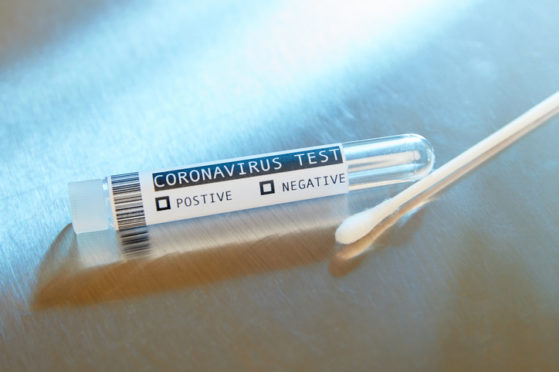With widespread masking, business closures and isolation last winter, the first in the COVID-19 pandemic, seasonal flu proved little threat to Americans, something that may not be the case this year.
Some national health officials warn that lack of exposure to flu germs last winter lowered people’s overall immunity and will lead to a much worse flu season this year. In an interview on CNBC, former Food and Drug Administration head Dr. Scott Gottlieb predicted the 2021-22 season will be “a whopper.”
That’s not necessarily what Hartford HealthCare infectious disease expert Dr. Ulysses Wu foresees, however.
“I think it is all a matter of perspective. Any season is going to look worse than the previous year when we had minimal transmission,” said Dr. Wu, Hartford HealthCare’s System Director of Infectious Disease and Chief Epidemiologist. “So, yes, it will be worse (than last year), but to what degree remains to be seen. The potential for a bad season does remain,”
Businesses, Dr. Gottlieb suggested, need to take into account the overlay of a worse flu season, COVID, and the potential mismatch of flu vaccine to the virus, which could happen any year.
The severity of the upcoming flu season, according to Dr. Wu, could depend on such factors as:
- Vaccine fatigue. “People may just not want (a flu vaccine) because of COVID,” he said.
- Masking fatigue. “Last year, masks were mandated. They are not this year, so that will lead to increased transmission,” he noted.
- Immunity, which he says does play a role in the season, but not as much as the lack of wearing masks or getting vaccines.
With the COVID-19 pandemic still roiling — and the Centers for Disease Control and Prevention designating Middlesex County an area of “substantial transmission” and Hartford, New Haven, New London, Litchfield, Tolland, Fairfield and Windham counties areas of “high transmission – Dr. Wu underscored the value of continuing to practice such safety precautions as wearing masks, standing six feet apart, avoiding crowded indoor gatherings and frequent hand-washing to prevent the spread of both COVID-19 and flu viruses.
Being vaccinated against the viruses is also an important way to stay healthy, he said, adding that vaccine doesn’t guarantee one will not contract a virus and get sick, but it does prevent severe infection and hospitalization in most people.
“What all this means is that we still should be wearing masks and should be getting vaccines,” he said.


